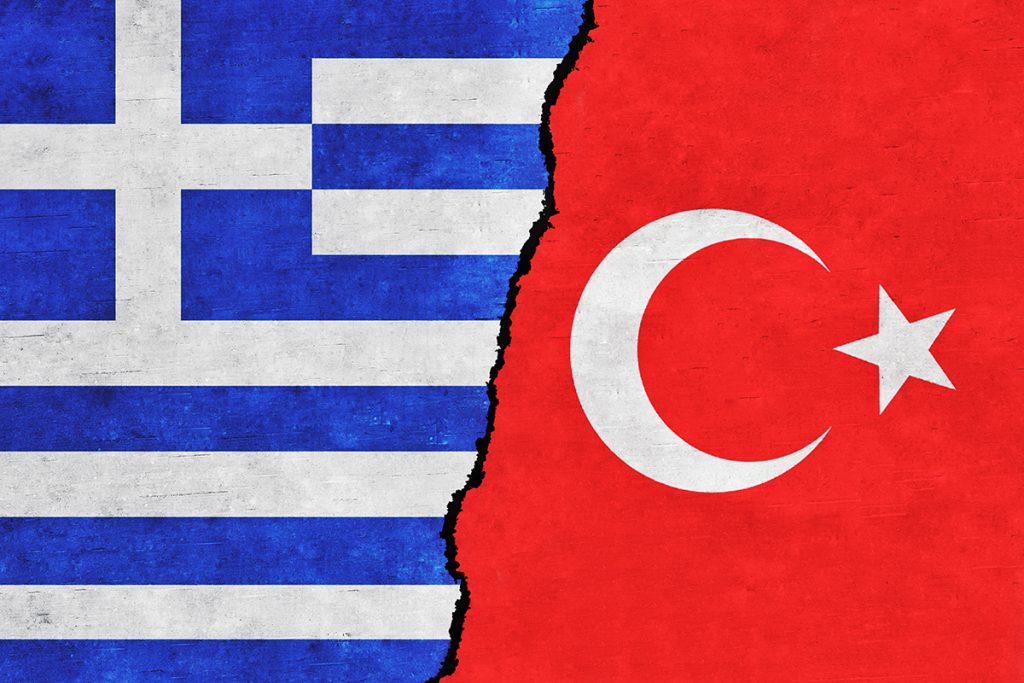In a cautiously optimistic turn of events, Greece and Turkey recently engaged in high-level talks aimed at thawing the icy relations that have long characterized their interactions. The meeting, held in Ankara between Greek Prime Minister Kyriakos Mitsotakis and Turkish President Recep Tayyip Erdoğan, was described as having a “positive atmosphere,” signaling a potential shift in the dynamics between the two neighboring nations.
Despite the cordial tone of the meeting, both leaders acknowledged that significant challenges and disagreements remain unresolved. However, they expressed a mutual commitment to explore areas of common ground while setting aside more contentious issues for future discussions.
The backdrop of the meeting is crucially shaped by the tumultuous history of Greek-Turkish relations. In 2022, the two countries faced heightened tensions, particularly over territorial disputes in the Aegean and Eastern Mediterranean regions. However, a significant de-escalation occurred in the summer of 2023 following the electoral victories of Erdoğan and Mitsotakis, paving the way for a recalibration of their diplomatic approach.
During the recent talks, several agreements were reached, underscoring a willingness on both sides to foster cooperation in specific areas. These agreements include plans for enhanced collaboration in responding to natural disasters and emergencies, as well as the establishment of a Greek-Turkish Business Council aimed at promoting economic ties between the two nations. Additionally, a roadmap for bilateral visits in the coming months was agreed upon, signaling a commitment to sustained dialogue.
While the leaders refrained from delving into sensitive political issues such as territorial boundaries and minority rights during the public portion of the meeting, it is clear that these contentious topics loom large in the background. Turkey has expressed a desire to address issues such as the demilitarization of Greek islands and the status of a Muslim minority in northeastern Greece, while Greece has emphasized the importance of maintaining open communication channels despite unresolved disputes.
The discussions also touched upon developments in the Middle East, where Greece and Turkey hold differing perspectives, particularly regarding the conflict involving Hamas and Israel. Mitsotakis reiterated Greece’s support for Israel’s right to defend itself against Hamas, while emphasizing the need to halt the asymmetric use of force. Erdoğan, on the other hand, characterized Hamas as a resistance organization and criticized Israel’s actions.
As NATO members, both Greece and Turkey occupy strategic positions in the geopolitical landscape of the region. Consequently, their interactions have implications not only for bilateral relations but also for broader regional stability. The United States and the European Union have long advocated for dialogue between the two countries to address their disputes and promote peace and security in the region.
In light of these efforts, the recent meeting between Mitsotakis and Erdoğan represents a modest yet significant step forward. While the path to resolution remains fraught with challenges, the willingness of both leaders to engage in dialogue offers a glimmer of hope for improved relations between Greece and Turkey. As they navigate this delicate diplomatic terrain, the international community watches closely, hopeful for further progress towards lasting peace and cooperation in the Eastern Mediterranean.


